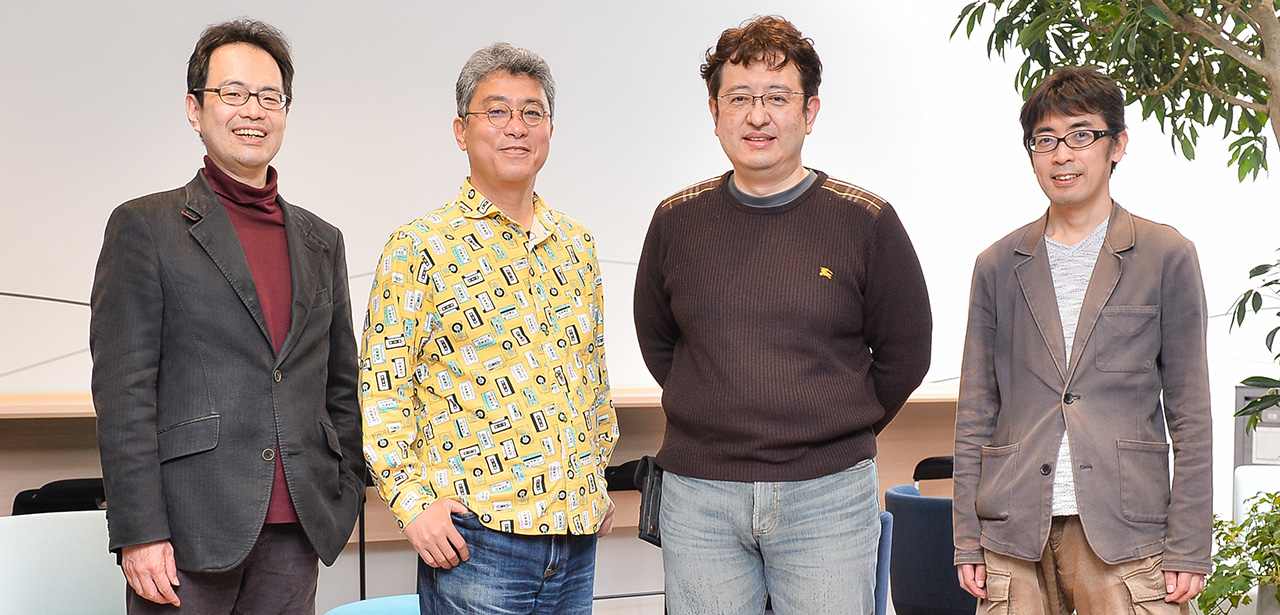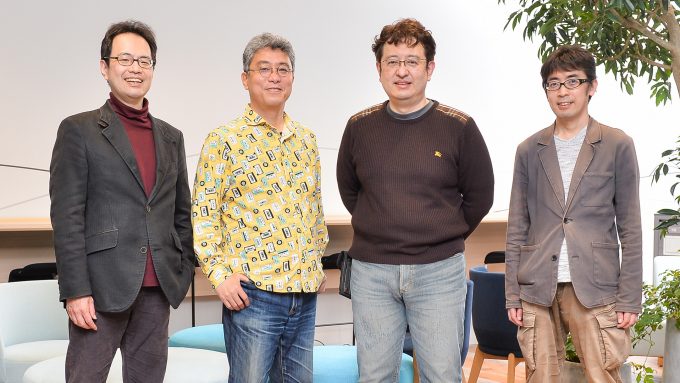“WE DISCUSS VANA’DIEL” is a series of conversations between Producer Matsui and special guests who are familiar with FINAL FANTASY XI (FFXI). In this special edition, FFXI Director Yoji Fujito joined Producer Matsui to speak with our guests. Our guests for this roundtable are Akio Setsumasa and Tsuyoshi Agura, developers of the pioneer series of Japanese online RPGs, Phantasy Star Online. The four developers, who experienced the dawn of online RPG development for consoles, discussed the challenges they faced and other stories from behind-the-scenes. In this fourth and final part, the conversation finally turns to 2002, the year of FFXI’s release. Mr. Setsumasa and Mr. Agura shared their impressions of FFXI and their philosophies regarding online games.
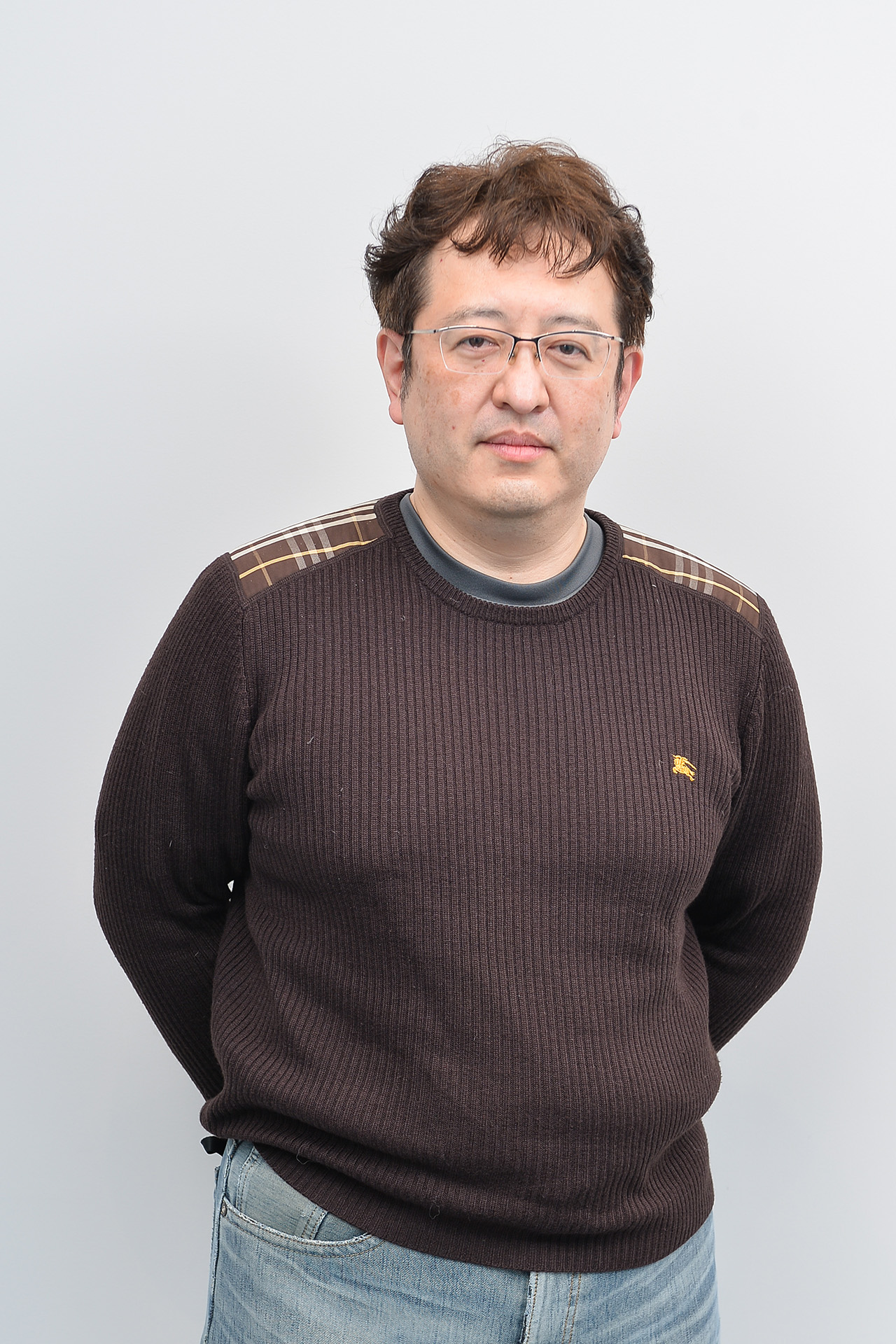
Network Director of SEGA's Phantasy Star Online 2. He worked on titles including Nights into Dreams, Burning Rangers, and Sonic Adventure during his time as a programmer in Sonic Team, then later joined Phantasy Star Online as a lead programmer. He also oversaw the network-related aspects of Phantasy Star Universe and has continued to work on all Phantasy Star titles thereafter.
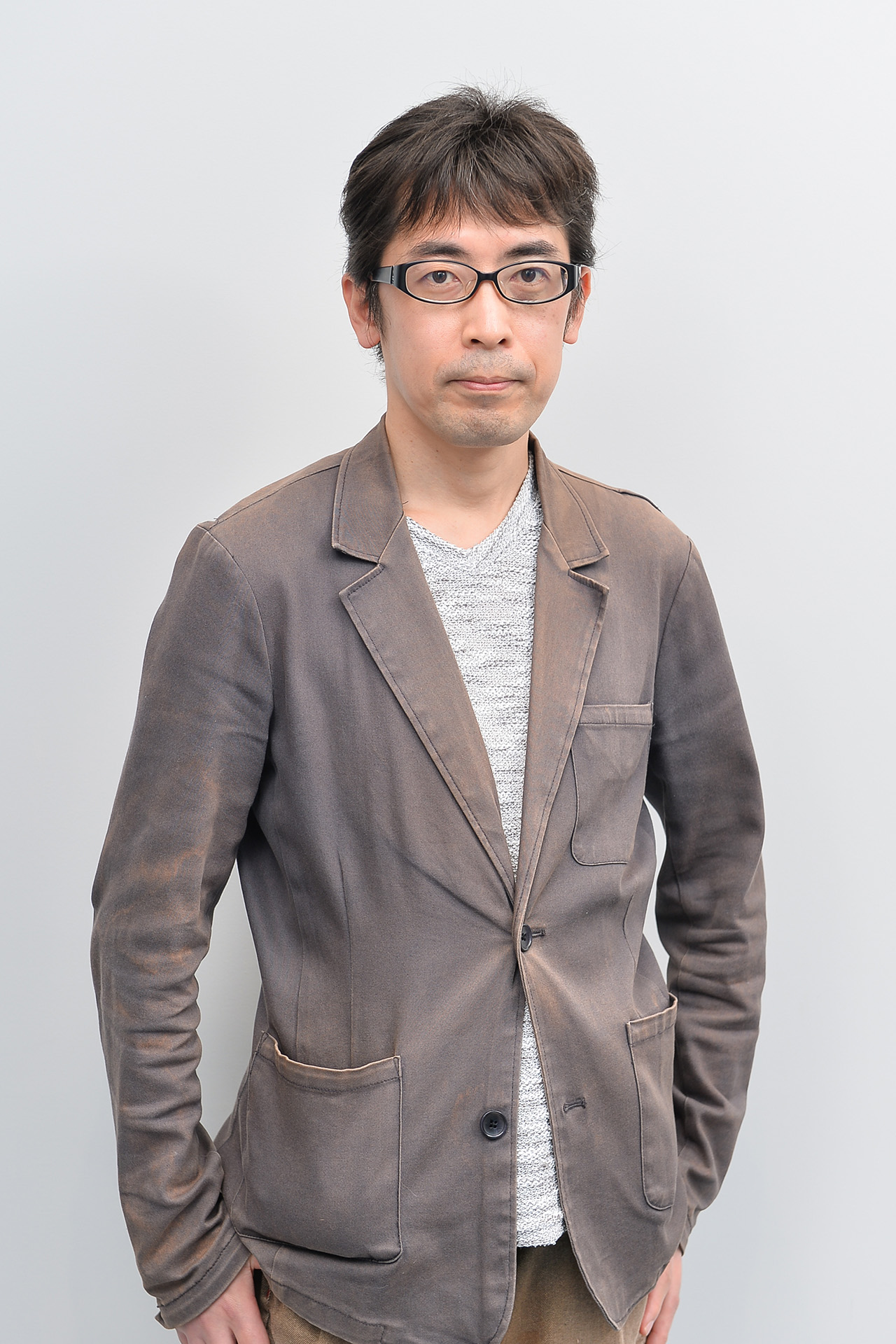
Lead Server Programmer of SEGA's Phantasy Star Online 2 New Genesis. In addition to working on Skies of Arcadia Legends, he was involved in several online games for the Dreamcast, including Guru Guru Onsen 2, Sakura Wars Online, and Guru Guru Onsen 3. He has been supporting the Phantasy Star Online series alongside Mr. Setsumasa starting with Phantasy Star Universe. Incidentally, Mr. Agura has been playing FFXI since the beta testing days.
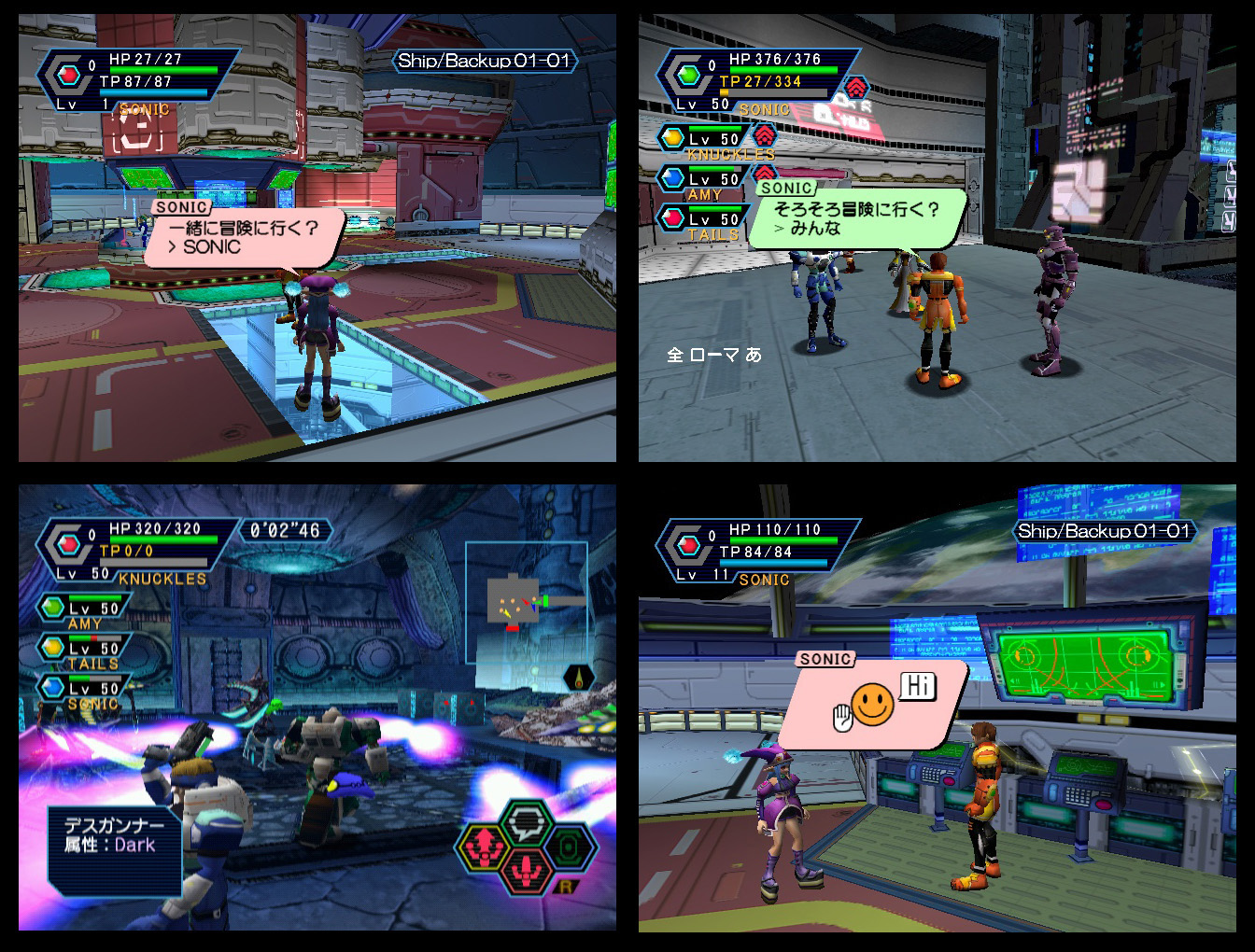 Phantasy Star Online is an action RPG for the Dreamcast released by SEGA in 2000, which introduced online multiplayer to players around the globe as the first 3D online RPG for consoles. It is currently succeeded by the ongoing latest entry in the series, Phantasy Star Online 2 New Genesis.
Phantasy Star Online is an action RPG for the Dreamcast released by SEGA in 2000, which introduced online multiplayer to players around the globe as the first 3D online RPG for consoles. It is currently succeeded by the ongoing latest entry in the series, Phantasy Star Online 2 New Genesis.
Dawn of a new century and the golden era of MMOs
PSO was released in December 2000, with FFXI having been announced in January of the same year. What were your impressions of the announcement, Mr. Setsumasa and Mr. Agura?
- Setsumasa
It came as a surprise like, “People are finally making MMORPGs for consoles!” My thoughts were along the lines of, “They must need a lot of servers to make it happen...” and I initially found myself fascinated by the technical aspects of the game rather than its gameplay.
- Agura
I was still a student back then, and although I wanted to play, part of me felt it was too early for a console MMORPG. But thanks to my experiences working on online games like Guru Guru Onsen 2 after joining SEGA, I became more open-minded about FFXI being announced as an MMORPG. If I hadn’t been involved in game development, I might still be apprehensive about the difficulties players would have to overcome before they can play online games.
Among fans of the FF series, there definitely were a fair number who felt hesitant about the latest title being released as an online game.
- Matsui
That being said, hearing our guests’ various anecdotes about the two-year gap between PSO and FFXI’s releases reaffirms my belief; if FFXI had been released two years later, it would’ve been too late. It was truly fortuitous that we managed to release the game when we did. Well, except maybe the PlayOnline concept, which might’ve been jumping the gun a little...
Two years after FFXI’s launch would be 2004, which was when World of Warcraft* (WoW) was released.
* World of Warcraft is an MMORPG developed in North America by Blizzard Entertainment.- Matsui
If FFXI came out any later than it did, it would’ve been affected by other games like WoW, and it’s possible we would've decided to push back the release date even further. It really was just the perfect timing.
And thus, FFXI launched in May of 2002. Around that time, Mr. Setsumasa would've been working on PSO Episode 1 & 2 for the GameCube, while Mr. Agura would've been working on Skies of Arcadia Legends. How did you and your peers react to FFXI’s launch?
- Setsumasa
I saw everyone at our company playing FFXI and was impressed that an MMORPG was actually working on a console. I didn’t own a PlayStation BB unit, which was required to play FFXI, so I played using our company’s hardware. FFXI couldn’t be played without a hard disk, and I was impressed that their developers chose to have players purchase these extra accessories for their console, even if it was a barrier to entry. From a manufacturer’s perspective, the more popular your game or series is, normally the idea would be to remove any barriers to entry to appeal to a wider audience and maximize the number of copies sold. But FFXI did the exact opposite, and I was astounded that their target demographic was users who were considered hardcore even back then.
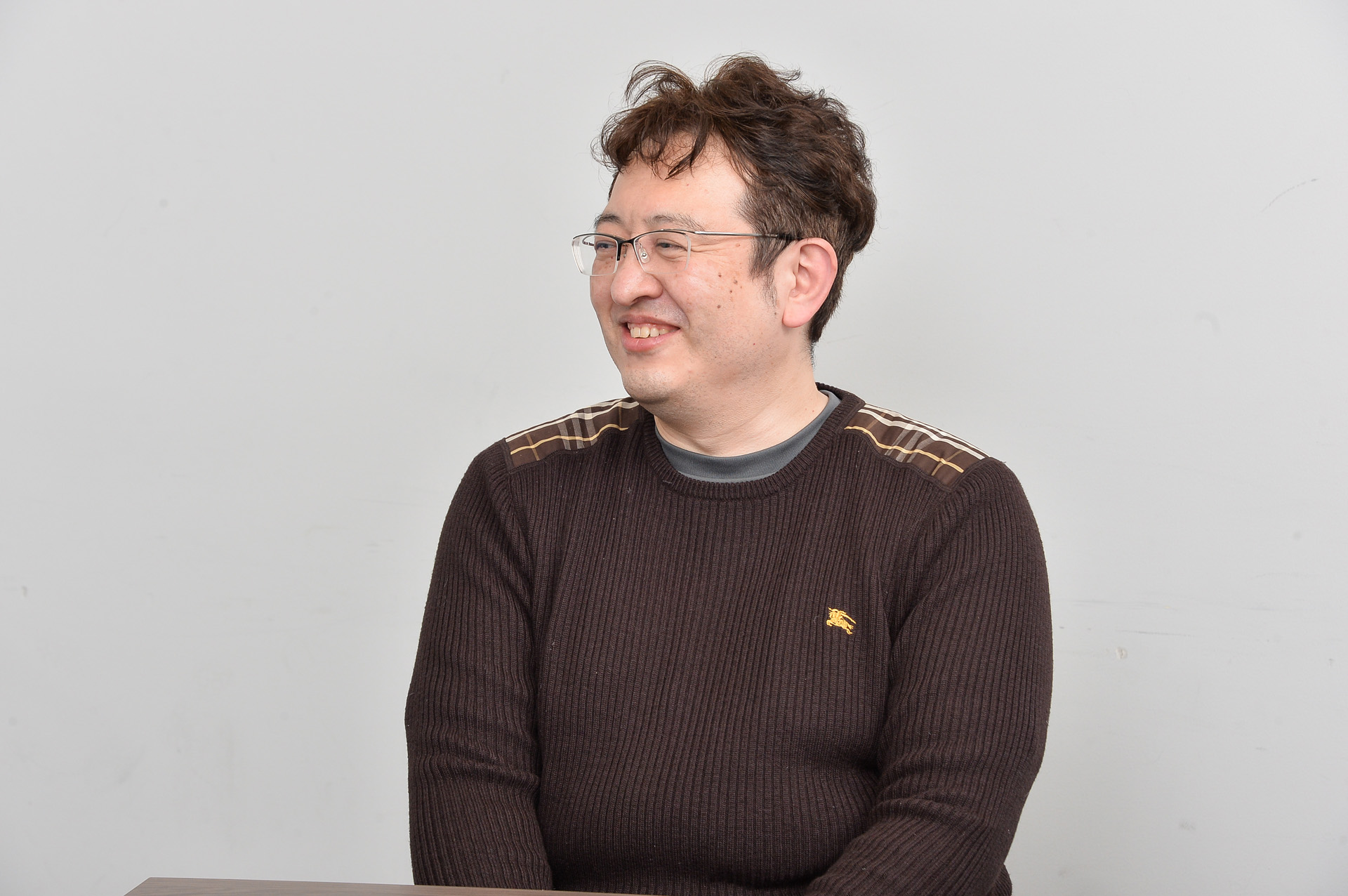
- Matsui
I’d always believed that online features and hard disks would eventually become the norm, even for consoles. But even then, from the perspective of the FF series, FFXI really was quite the ambitious endeavor. I’m repeating myself, but our timing was so fortuitous that it makes me wonder how things would be if we’d missed that window of opportunity.
- Fujito
It does feel like FFXI was Square’s strong-armed attempt into the unpredictable world of MMORPGs. Although those of us who were game developers felt that online multiplayer was a necessity, players at the time probably heard they’d need “internet access” and “hard disks” and went “What are those?” Which reminds me, we had the “Libra” project during the beta test where we streamed live footage of beta test players. Although some viewers were like, “Now I want to try out FFXI for myself!” there were always a fair number of comments that said, “It’s more interesting to just watch.”
Speaking of which, I’ve been told Mr. Agura has been playing FFXI since the beta test. What was your perspective of FFXI as a player?
- Agura
What initially stood out to me about FFXI wasn’t its resemblance to previous titles in the FF series, but rather its unique qualities as an MMORPG. For example, I played as a black mage, which underwent changes like having their bind effects reworked and the level requirement for the support job quest being bumped up to 18; those kinds of changes via version updates was a fresh experience I’d never had with previous titles.
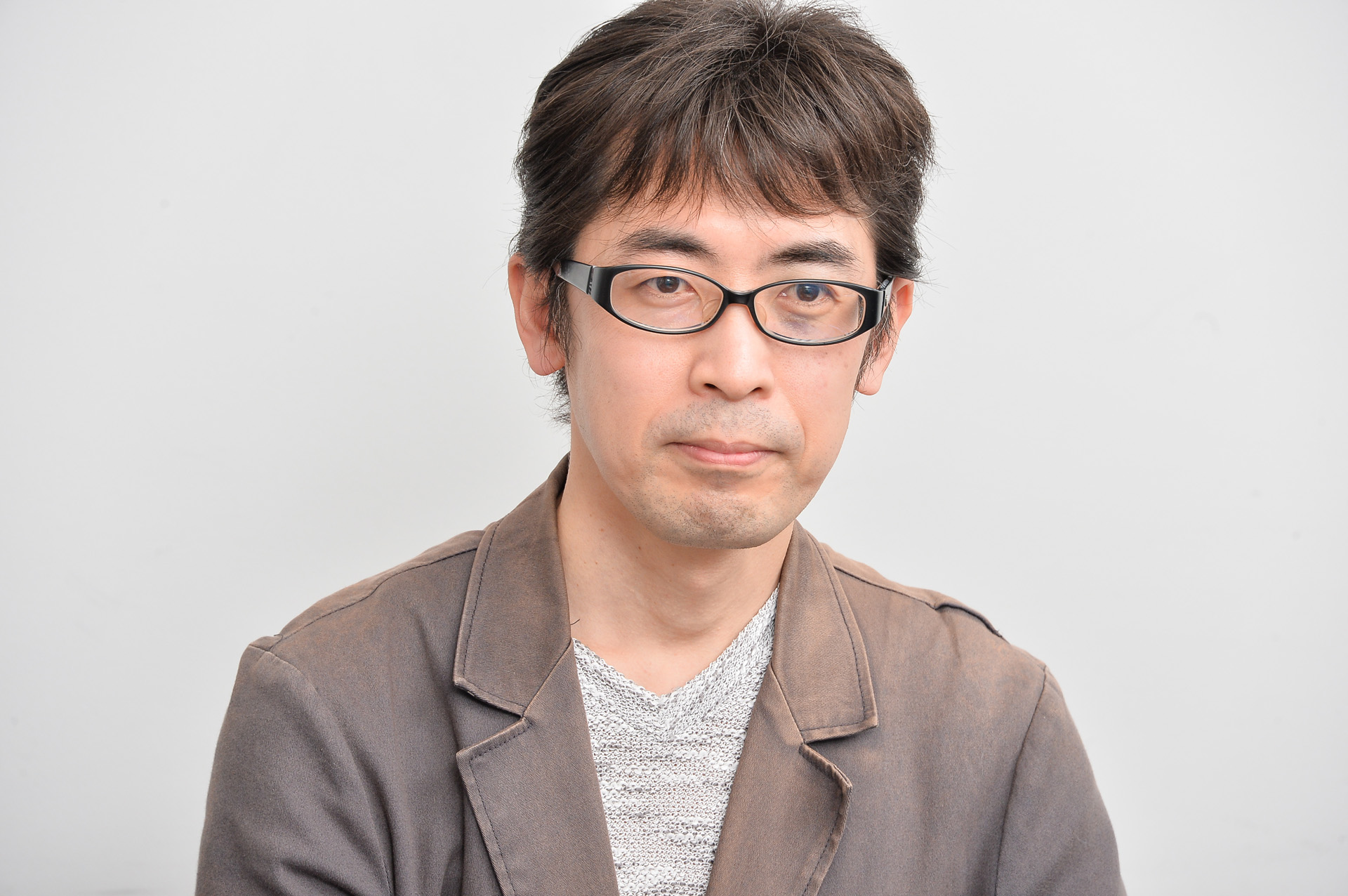
- Matsui
We’ve made all sorts of balance adjustments and bug fixes throughout the years, but we’ve been careful to avoid ruining playstyles that players had fostered. That's why we try to avoid nerfs as much as possible, but it wasn’t until a year or two after launch that I started adopting that mindset. I have a habit of thinking with emotionless logic and tend to assume there aren’t any issues as long as the numbers are within expectations. Nevertheless, actual impressions are separate from theoretical values, so I always find it difficult to balance the two in a way that players will find agreeable.
The firmly established systems of FFXI
Mr. Setsumasa and Mr. Agura, is there anything you find impressive about FFXI’s 20-year history?
- Setsumasa
The fact that they’ve maintained operations for the same game for 20 years is nothing short of astounding, since I also consider myself to be thoroughly familiar with the strain of keeping something going. When developing a single game for an extended period of time, it's inevitable that your staff members will mature and move on to be replaced by others. To keep working on the same thing in an environment like that is no easy task.
- Agura
For me, I often saw online games around 2000 use rollbacks to address major issues, so I’m surprised that FFXI has never done a large-scale rollback like that. Although rollbacks may have fallen out of favor with how subscription models have evolved in modern games, I've always noticed how FFXI never used them once and also didn’t conduct weekly maintenances to boot.
- Matsui
A complete rollback of all data was always considered to be our very last resort. That said, there were instances where we rolled back individual characters to address unexpected circumstances, like when certain areas suddenly went down.
- Fujito
We back up the data for each individual character every evening, so we actually had some cases where we rolled back a certain character’s data to the data from the day prior if they had discrepancies. That said, we’ve never had an incident where all characters on all Worlds were rolled back at the same time. There actually aren't many situations that require all characters to have the same data, or rather, the nature of the game as an RPG implies that each character’s progress is managed separately, and any data that interacts with other players is set aside from that to begin with.
- Matsui
Furthermore, our servers are extremely strict when it comes to error checking, so even if they receive fraudulent data, it’ll be rejected on the server side. In a way, our development team’s policies follow the golden rule of “never trust the client-side data.” FFXI has rarely faced any fraudulent attacks and we’ve thankfully made it this far without any major crashes.
- Setsumasa
Considering you’ve probably made system-related changes little-by-little, how much would you say it's changed over these past 20 years?
- Matsui
The core aspects haven’t really changed. We've expanded data buffers such as storage, game progress management, and the number of jobs, but I don't think we've made any major changes to any particular processes. Back when FFXI was still in development, we already knew that we weren’t releasing a finalized version, so we designed the game in a way that allowed for adjustments afterward.
- Setsumasa
So the code from 20 years ago still remains in the core aspects of the game?
- Fujito
That’s right. That’s also caused us all kinds of agony from time to time though... Certain parts of the code, such as those that dictate item creation and deletion, were designed very strictly to begin with, so we’ve always followed a rule to never alter those core aspects no matter what.
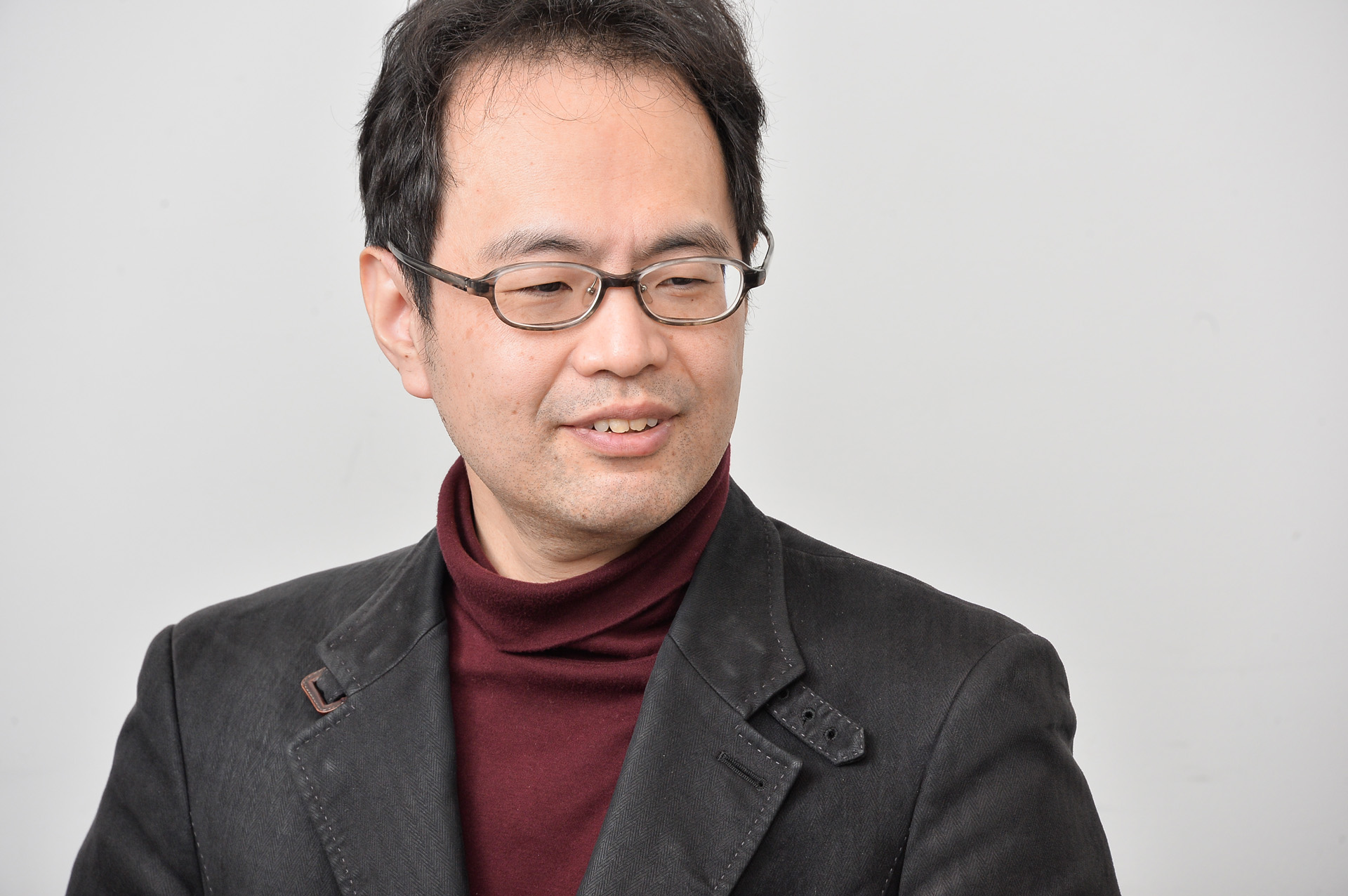
What did you think of FFXI’s expansions, which were released every few years?
- Setsumasa
I must say, I had the impression that every expansion was carefully debugged. I imagine players often dislike when an update brings about major changes, but I felt like those kinds of adjustments were always well-managed.
- Agura
The expansion that particularly stood out to me was Wings of the Goddess. Historical information mentioned by NPCs in present Vana’diel or the Vana’diel Tribune were fittingly incorporated into the story, which I thought was amazing. I also noticed how certain areas featured the same terrain in both their past and present forms, which must’ve been helped to cut back on development costs.
- Matsui
It was actually kind of the other way around, since we deliberately chose to use the same terrain for efficiency. To tell the truth, we weren’t able to divert much of our development costs towards creating new areas at the time. Aside from a few new areas like Vunkerl Inlet [S], we looked to reduce development cost by restyling preexisting areas. After considering what kind of setting would allow us to reuse these areas, we came up with a story that would take place in the untold past; like so, the proposal arose from trying to minimalize development cost.
- Fujito
Our plans for Wings of the Goddess began from considering how much resource and development cost would be required. From a storytelling standpoint too, we were concerned that expanding the lore “horizontally” so to speak would simply result in a similar plot to our previous stories; thus, we sought to delve further into existing lore. Although the story recounted the Crystal War as a confrontation that took place 20 years ago, the actual event wasn’t available for players to experience for themselves, so we ended up directing our attention to past Vana’diel from both a system and story perspective.
FFXI’s influence on the PSO series
Both Mr. Setsumasa and Mr. Agura worked on Phantasy Star Universe (PSU), which released in 2006 and showed major shifts in design, such as a lobby area similar to those in MMORPGs. Was your development of PSU influenced by FFXI in any way?
- Setsumasa
This isn’t directly pertaining to FFXI, but I’d always wanted to add MMORPG aspects into the PSO series, so I thought that we might be able to emulate that feeling by providing a lobby where many players could gather. That said, it was difficult to make a full-on MMORPG, so we kept the action game elements and partially introduced some MMORPG elements.
- Agura
In terms of FFXI’s influence, I also had my eye on the operational side of FFXI, especially their forming of the Special Task Force. This was because PSU also faced problems with RMT (real-money trading) vendors who would advertise their websites in chat and create hordes of /anon characters that moved together. At first, PSU also had GMs (game masters) address these problems, but our prevention methods were always quickly counteracted because they continually updated their methods, like slightly changing their website URLs. As I watched them, I realized that RMT vendors in FFXI and PSU used similar tactics to get around countermeasures. From there, when I played FFXI, I looked at what vendors were doing more carefully than before and used my learnings to improve our countermeasures in PSU.
- Fujito
The Special Task Force is a team that was formed to handle RMT-related issues exclusively, but even then, they’re still overwhelmed by the sheer amount of work they have to do. The number of crackdowns each week hasn’t really changed since the past, and crackdowns only spur vendors to create new characters in a never-ending game of cat-and-mouse.
- Agura
Another aspect of FFXI that served as a reference for me was the Vana’diel Census. I thought it was interesting to reveal that kind of data to the players and did something similar in PSU.
- Fujito
The Vana’diel Census often featured statistics like how many people owned a particular item, but to tell the truth, investigating that information takes an incredible amount of time. It searches through the saved character data for all characters, which requires an overwhelming amount of work and time, and caused a lot of trouble for the person in charge. (laughs wryly)
- Matsui
It would’ve been nice if the kind of data we'd show in the Vana’diel Census were initially designed for easy extraction... Pulling the necessary information from the immense amount of data and system events is an incredible workload, and I’m sorry to say we haven’t been able to do a census for some time. But I’m glad that our efforts with the Vana’diel Census proved useful as a reference.
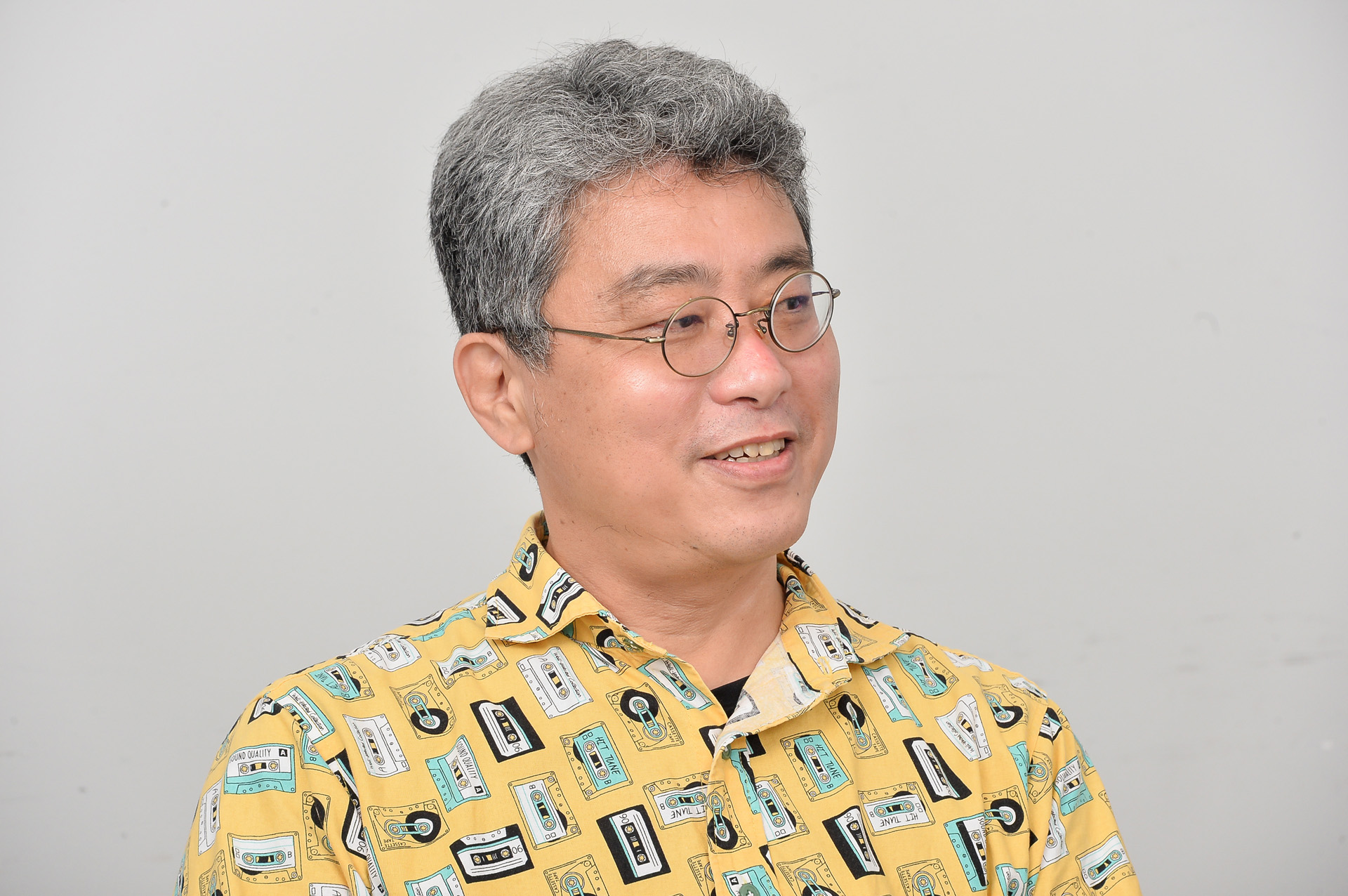
- Setsumasa
I've heard before that FFXI saves its character information in files rather than a database, but is that one of the reasons why extracting the information takes so much time?
- Matsui
That's right. Searching through the files requires opening each and every one, so it ends up requiring a lot of time. We’ve made it so we just need to provide a list of the information we want to tally and a program automates the rest of the process, so it’ll produce the results if we leave it alone for two to three days, but I still think it would've been great if the kind of information we’d use in a census were made in a format that was easier to search.
- Fujito
The feature that hasn’t changed since 20 years ago.
- Matsui
When you make something new without spending too much developmental cost, it ends up relying on manpower. The problem with that is, once it becomes part of a regular procedure, manpower ends up being the resource we need the most. So in the beginning, it’s easy to think, “Eh, if anything we can just do this part manually,” but there's been truly many instances where I think, “Why did we end up relying on manpower? We should've considered the future more carefully and optimized things...”
Mr. Setsumasa and Mr. Agura, what do you believe is the most important thing when it comes to online game development?
- Setsumasa
Hmm... “online games” covers a broad variety of games, and I believe the development process will vary wildly depending on the gameplay. You won’t end up with a proper online game without the game designers and programmers working closely together, so I’d say that in-depth communication is required during development. I’ve talked about this topic at CEDEC* before, but often times, when you make the wrong decision in the designing stages of the game, it’s not something you can fix later on, so I think that’s an important part.
* Computer Entertainment Developers Conference (CEDEC) is a game developer conference held in Tokyo by CESA. - Agura
I believe the most important thing is a determination to see things through. The key would be things like whether you can make your game work with the given systems, or whether you can maintain your motivation as you pursue the best possible answer.
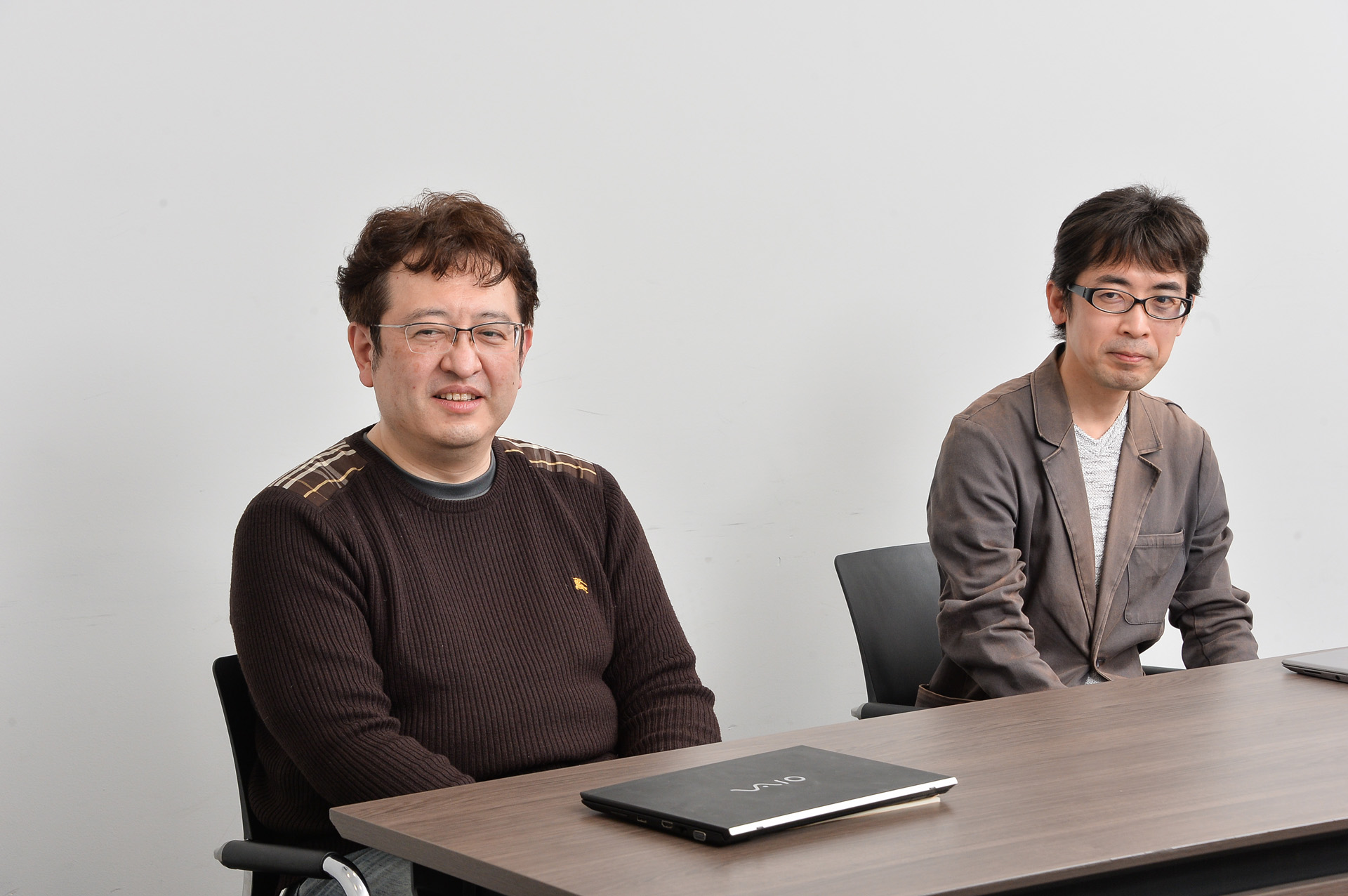
- Matsui
Seeing as you're developers yourselves, have you ever wanted to try making an MMORPG?
- Setsumasa
I've played a lot of WoW, so when we were making Phantasy Star Online 2 (PSO2), I was thinking I’d like to make an MMORPG next. But since SEGA’s strength is in action games, we ended up going with something that was more action-based than MMORPGs, which is how PSO2 was created. But I still had some lingering desires to create an MMORPG, so there are more MMORPG elements in Phantasy Star Online 2 New Genesis (NGS).
Is there anything we should keep an eye out for with NGS?
- Setsumasa
We were unable to provide a satisfying amount of content and areas with NGS’s launch, but we’re allocating more of our resources to creating more. We’re currently adding various elements to the game, so please look forward to it.
- Agura
NGS is free-to-play and features character customization on a level like no other. You can also enjoy an expansive open world, as well as exhilarating action with simple controls. Also, PSO2 will be celebrating its 10th anniversary this year (2022). We’ll be holding all sorts of campaigns alongside it, so in addition to FFXI’s 20th anniversary, we’d be grateful if you could take a peek at PSO2’s 10th anniversary as well.
Last but not least, do you have any words for our players as they celebrate FFXI’s 20th anniversary?
- Setsumasa
The fact that FFXI has been around for 20 years is also a testament to how much of a presence it has in its players’ lives, and I think it’s simply marvelous that you all were able to find a game that means so much to you. May FFXI be with us for years to come. Congratulations on the 20th anniversary!
- Agura
As a long-time player of FFXI myself, it’s been an honor to be invited to this conversation. I hope FFXI will continue on for the next ten years, twenty years, and beyond!
© SEGA



